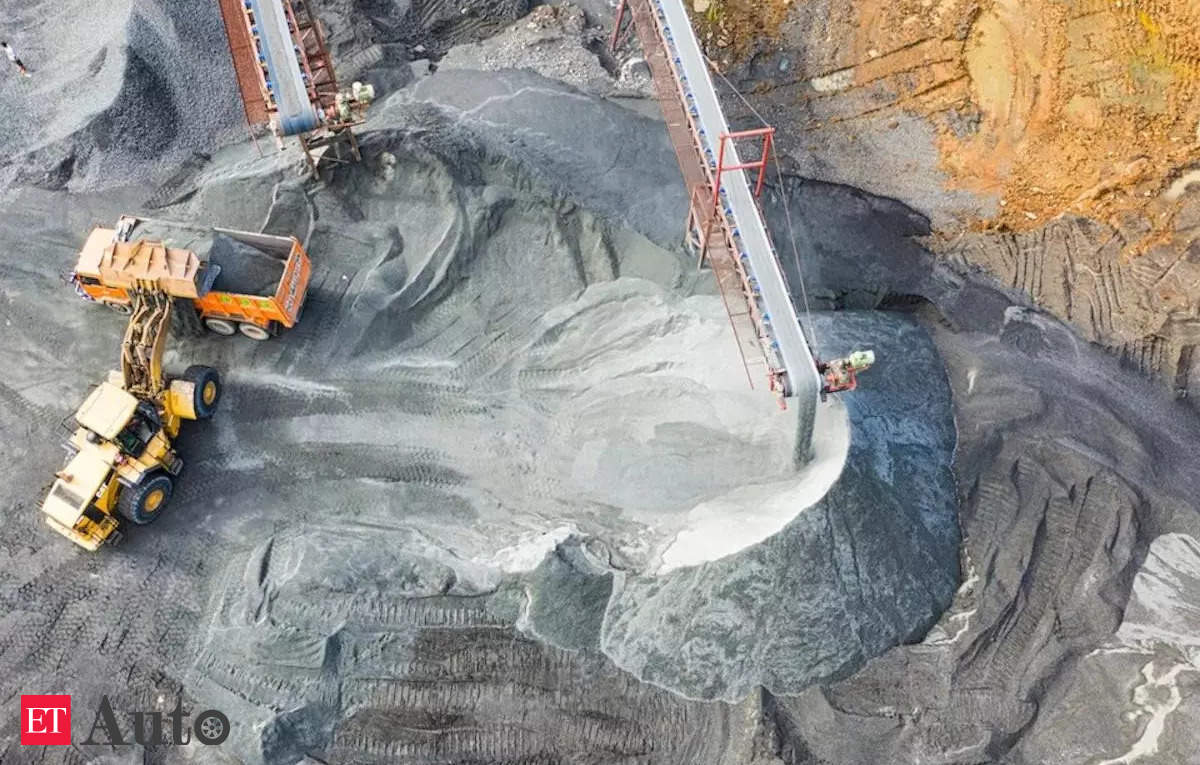Chile will open calls by the end of July for lithium component producers to obtain preferential pricing on lithium produced by Albemarle through 2043, government officials said on Thursday.
Albemarle and and SQM are the two current lithium operators in Chile, and their contracts stipulate that a part of their output will be awarded at preferential prices to companies that keep investment in Chile, the world’s second largest lithium producer.
The strategy announced by President Gabriel Boric last year is in part aimed at spurring local investment in technologies using lithium, including batteries and battery components.
The head of Chile’s economic development agency CORFO, Jose Miguel Benavente, said a dozen companies from various countries are interested in obtaining lithium through the Albemarle offering, positioning Chile to take a bigger role in the global supply chain of battery components, whether for electric vehicles or other types of energy storage.
CORFO last year awarded preferential pricing contracts for lithium produced by SQM to Chinese electric-vehicle maker BYD and China’s Tsingshan Holding Group, both contingent on plans from the companies to develop battery parts in Chile.
On Tuesday, BYD told Reuters it was postponing plans for a 2025 lithium cathode plant in Chile over “uncertainty,” without providing details.
Benavente told reporters that government officials were helping BYD search for a site to build the plant, and said that the EV maker has the option to negotiate directly with SQM over pricing.
He said BYD has so far fulfilled its obligations to access the SQM preferential pricing, but must begin production in 2025 to maintain the contract.
Chile initially had a bidding process for preferential prices on Albemarle production in 2018 with three companies, but the deal fell through following problems with supply and prices.
The new process follows the resolution of a four-year dispute between CORFO and Albemarle, in which Chile gave Albemarle the ability to increase its lithium production by nearly 50%, contingent on developing new technology aimed at more environmentally friendly extraction.





